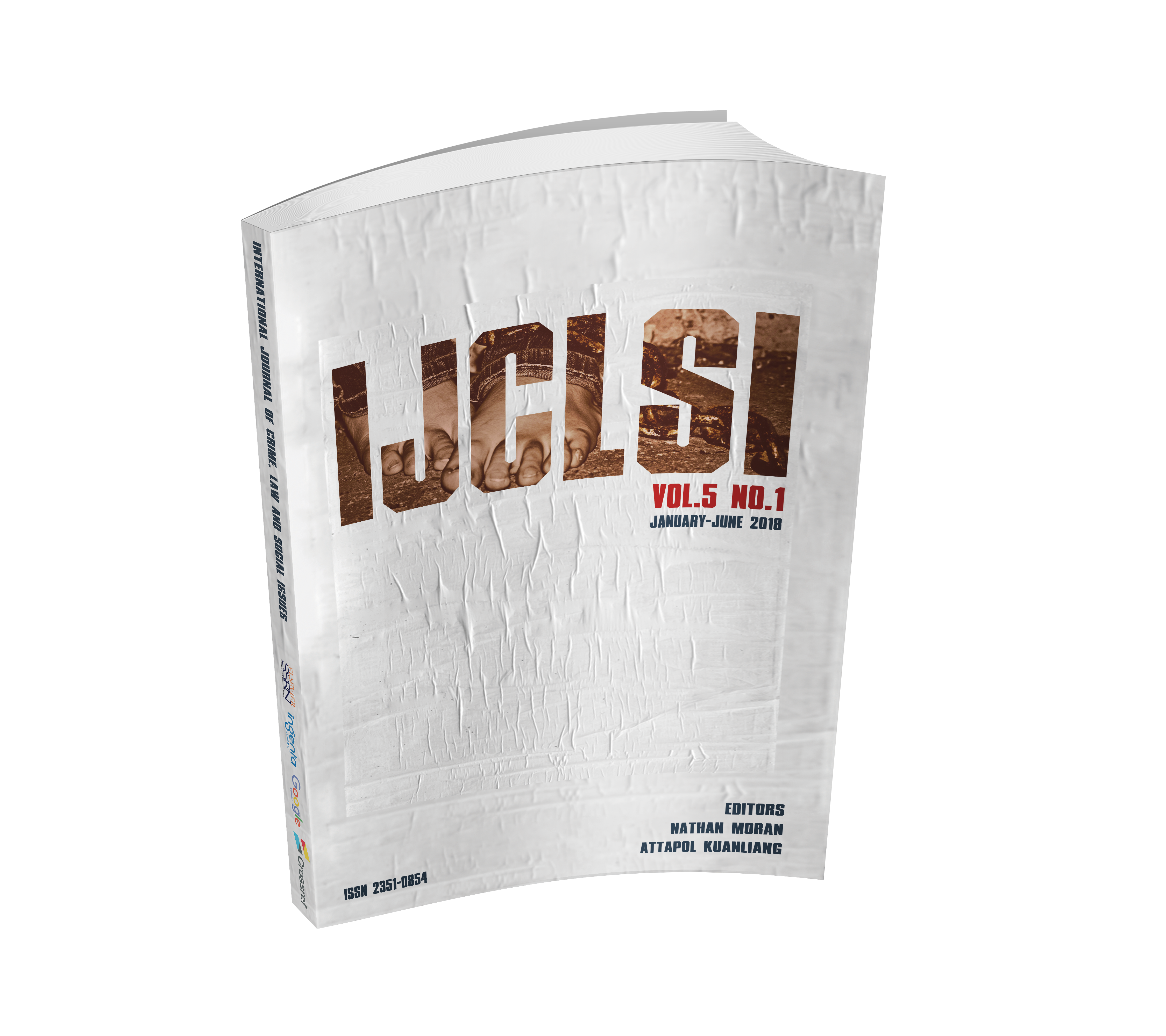The Study of Living and Arable Land Management Model in Phuech-Udom Subdistrict, Lamlukka District, Pathum Thani Province, Thailand
Keywords:
Populist Policies, Rice Price, PoliticizationAbstract
This study was qualitative research employing multidisciplinary method. The objectives were: Firstly, to examine factors contributing to the loss of living and arable land. Secondly, to investigate the participation from various organizations who were willing to be the network and help manage land. Thirdly, to learn about the managerial procedures. Fourthly, to gather relevant knowledge then construct a potential model. The last objective was to encourage community member to be a local researcher. Regarding five objectives mentioned, the findings were revealed respectively: There were three factors leading to the loss of living and arable land; first, development and inequality from governmental authority; second, economic and social changes; third, income gap and capital tycoon's influence. In addition, the investigation of the participation was showed that various organizations offered knowledge, budget, location including instrument. Moreover, the managerial procedures were concluded in terms of; first, establishing Phuechudom community welfare fund; second, operating tasks via Phuechudom community organization councils; third, pushing projects related to living and arable land; fourth, establishing Phuechudom land fund and, fifth, gaining community member to help operate a co-operative limited. Additionally, relevant knowledge for future model were; first, being aware of their own problem; second, selfputting effort to achieve the goal without solely waiting for government; third, being openminded to find fellows for strong cooperation; fourth, always sharing and learning; fifth, focusing on harmony and supporting the leader; sixth, operating plans based on data and guidelines; seventh, having clear path and welcoming networks; eighth, always gaining new knowledge to support ‘co-operative limited’; ninth, reviewing managerial procedures and cultivating new leaders. The last objective’s findings were to focus on member’s participatory learning to explore potential research leading to problem solving based on community’s need.
Downloads











.png)


